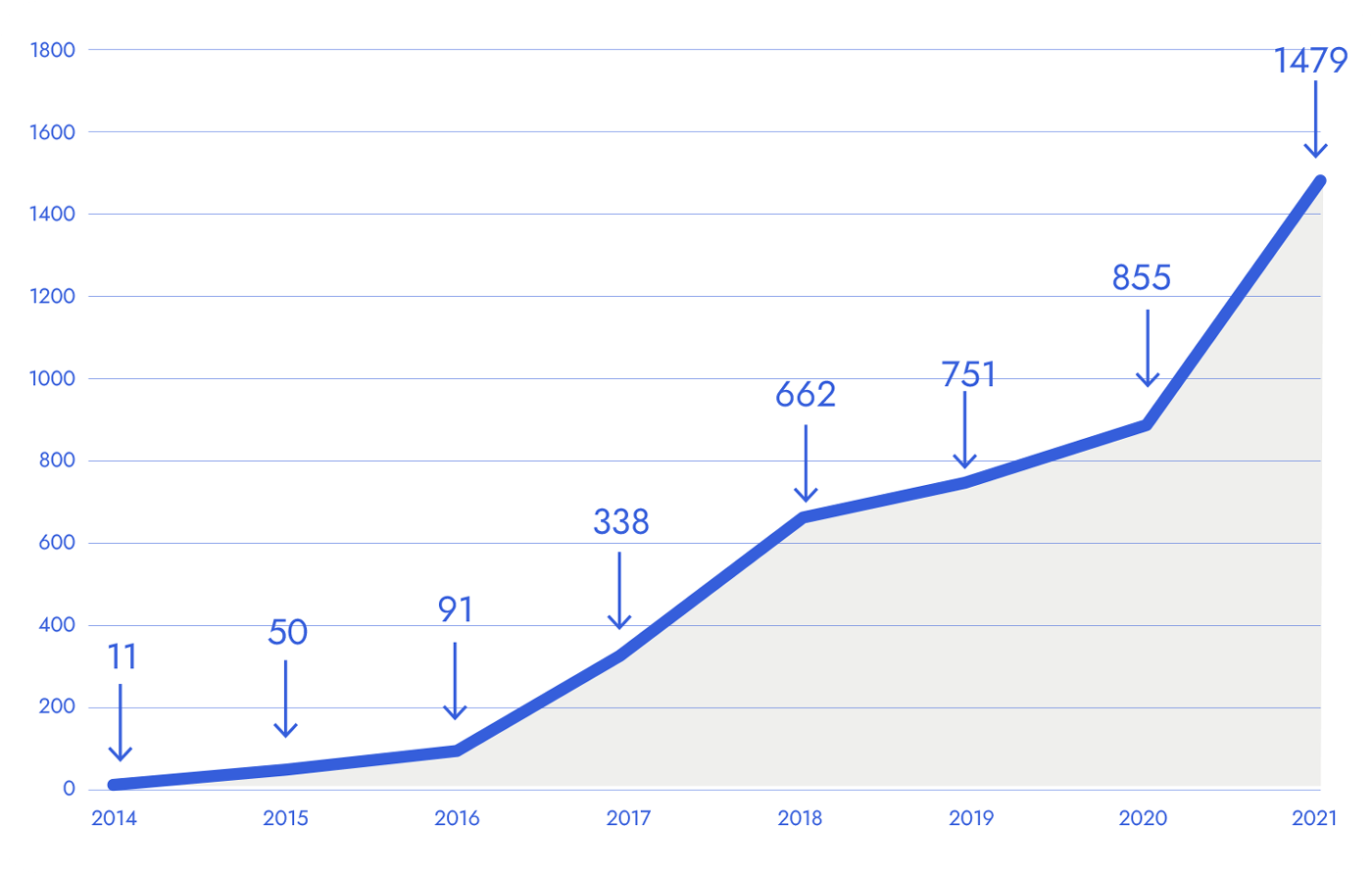

Achieving effective human rights due diligence for labour rights through the International Accord for Health and Safety in the Garment and Textile Industry
The International Accord for Health and Safety in the Garment and Textile Industry (International Accord) is a legally binding agreement aimed at improving workplace safety in ready-made garment (RMG) factories. The agreement, which came into effect in September 2021, builds on the Accord on Fire and Building Safety in Bangladesh, widely known as the Bangladesh Accord.
As of May 2022, 175 global brands have signed the International Accord, including the Global Deal partners H&M Group, Carrefour, ICA Group, Lindex, IndustriALL Global Union and UNI Global Union.
As a sector-level agreement between trade unions and enterprises, the International Accord provides a concrete example of how social dialogue can foster human rights due diligence processes for labour rights by addressing specific risks in the garment and textile supply chain.
The garment industry plays a critical role in Bangladesh’s economy. It is estimated that the textile and garment sector accounts for about 20% of the country’s gross domestic product (GDP) and employs about 4 million workers.
As a Global Deal partner, the Government of Bangladesh has made a voluntary commitment to building institutional capacity that facilitates social dialogue and industrial relations, with a primary focus on the RMG sector.
The OECD Due Diligence Guidance for Responsible Supply Chains in the Garment and Footwear Sector recommends that trade unions actively participate in the design of operational-level grievance mechanisms.
In May 2013, an expert working group composed of trade unions, brands, and non-governmental organisations designed an operational-level grievance mechanism for the Bangladesh Accord. Since then, the structure of the grievance mechanism has largely remained the same and is now being used by the International Accord.
All workers of factories covered by the agreement, trade unions, civil society and impacted parties, have the right to raise complaints about occupational safety and health (OSH) through the mechanism.
Between 2014 and May 2022, 1,816 OSH complaints were filed by workers and their representatives and moved through the complaints mechanism exemplified by the figure below.

Source: International Accord 2022
The number of complaints made via the mechanism has been steadily increasing, from about 11 complaints in 2014 to almost 1,500 complaints in 2021. Some spikes can be attributed to single events, such as the outbreak of the COVID-19 pandemic.
It was observed that the number of complaints received strongly correlates with awareness-raising activities, such as all-employee meetings on health and safety as well as bipartite health and safety committees (Safety Committees) at the factory level that are established under the scope of the International Accord.

Source: Authors, based on International Accord (2022, p. 24).
In addition to the above-mentioned OSH complaints, 2,941 non-OSH complaints were filed between 2014 and May 2022. These complaints could not be treated under the scope of the existing agreement as the International Accord is limited to addressing occupational health and safety. The decision was made to explore the expansion of the Accord’s scope to labour rights beyond health and safety. Parties have begun to discuss this issue in a working group established by the Steering Committee of the International Accord.
Key Lessons
Increasing leverage: The International Accord gives brands and retailers the opportunity to create collective leverage through industry-wide participation to prevent and mitigate adverse human rights impacts on their suppliers. The signatories of the International Accord cover about one-third of the RMG factories in Bangladesh, employing about 2.2 million workers.
Raising awareness: The International Accord and its complaints mechanism are widely known among workers in the RMG sector in Bangladesh. Since 2013, awareness of the complaints mechanism has been raised with 1.9 million factory workers.
Creating accessibility: It is easy to file a complaint under the operational-level complaints mechanism and anyone can do so. In addition, complaints can be filed in the local language and complainants are informed that their anonymity will be protected if they do not want to be identified.
Increasing transparency: When complaints are lodged at a factory, brands and labour unions are informed. The results of health and safety complaints affecting groups of, or all, workers are communicated through announcements in the factories.
Ensuring enforcement & developing trust: The International Accord is a legally binding agreement meaning supplying factories become ineligible for orders if they don’t comply. Because of this, trust in the complaints mechanism has grown over the years.
Securing sustainable funding is key to implementing the International Accord and operating its complaints mechanism: The signatory companies and brands assume responsibility for funding the activities of the International Accord. Additional contributions can be sought from governmental sources and other donors.
The International Accord continues to build strong programmes to improve occupational safety and health and building and fire standards. For signatory brands, it makes clear steps towards sound supply-chain industrial relations – furthering a key provision for their due diligence.
Read the full report
Download the Global Deal Flagship Report 2024 for the full version of this case study, plus 13 others examining the work carried out by Global Deal partners and the voluntary commitments made to promote social dialogue in addressing global-labour market challenges.